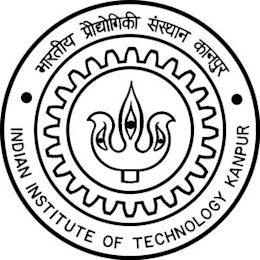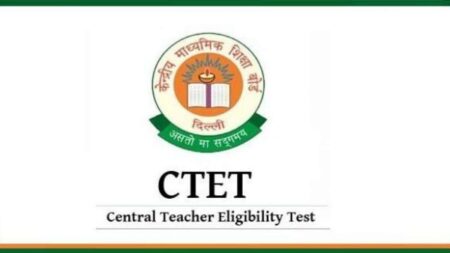The National Education Policy of 2019 envisions an education system centred on India that directly contributes to our nation’s long-term transformation into an equitable and thriving knowledge society by offering high-quality education to all.
Presided over by Prime Minister Narendra Modi, the Union Cabinet agreed, at a meeting presided over by Prime Minister Narendra Modi. An important day in India’s journey of becoming a global superpower.
The new education system aspires to implement transformational improvements in the classroom and higher education systems. Replacing India’s 34-year-old education system is another significant step toward enhancing India’s position as a global power.
The main goal of adopting and executing the NEP is to improve education quality for all Indians while also increasing India’s position as a global superpower. The NEP was prepared by a group led by Kasturirangan, the former chief of the Indian Space Research Organization (ISRO), and delivered to Ramesh Pokhriyal, the union minister for Human Resources Development joined the office in 2019.
Key Highlights
The National Education Policy ensures universal access to education at all levels, from pre-school to higher education. The policy will entail keeping track of the kids’ progress and learning levels. Below mentioned points will help adult literacy.
- By using innovative education institutions to reintegrate dropouts into society.
- Support for the infrastructure.
- Counsellors and professional social workers will help students in school.
- Facilitate a variety of learning paths, including both formal and non-formal education.
- NIOS will provide open learning and open public schools to grades 3, 5, and 8.
- Secondary education programmes in grades 10 and 12 that are equivalent
- Vocational classes will be added to the educational curriculum.
Curriculum and Pedagogy Changes in Schools: The school’s curriculum and pedagogy will be overhauled with students’ real growth in mind. Students will be given new skills as part of the new curriculum.
- Critical abilities for the twenty-first century
- Improve critical thinking, practical and necessary thinking, and experiential thinking.
- Previous curriculum content has been reduced.
- Students will be free to choose subjects for themselves.
- There is no distinction between science, commerce, and mathematics.
- Academic streams, co-curricular activities, and vocational activities would all be treated the same.
- Internship opportunities will begin in sixth grade
The NEP suggests that regional languages become the medium of instruction until the fifth or eighth grade. At all levels of the school, Sanskrit will be an optional third language. Other languages will be accessible as optional subjects in addition to Sanskrit.
Making children learn other languages by children at secondary level schooling. ISL (Indian Sign Language) will create a national standard, and federal and state schools will develop instructional materials for pupils with hearing impairments.
The NEP suggests replacing summative evaluations with regular and formative assessments, and the new assessment system will give a greater emphasis on competency. The change will benefit the student’s growth and learning abilities.
The primary goal is to improve the student’s analytical, critical, and conceptual thinking. All students will take exams in the third, fifth, and eighth years, which the relevant authority will administer.
The board exams will still happen in the 10th and 12th grades, but the new pattern focuses on the child’s overall growth. PARAKH (Performance, Assessment, Review, and Analysis of Knowledge for Holistic Development) will form a new national assessment centre.
Conclusion
The New Education Policy is a step forward to eradicate poverty by transforming the education system, a vital pillar of every society. The policy will change the methods and process of schooling, but it will also provide opportunities to adults to continue their education which was left incomplete. The policy will generate changes, hoping for a better future.












